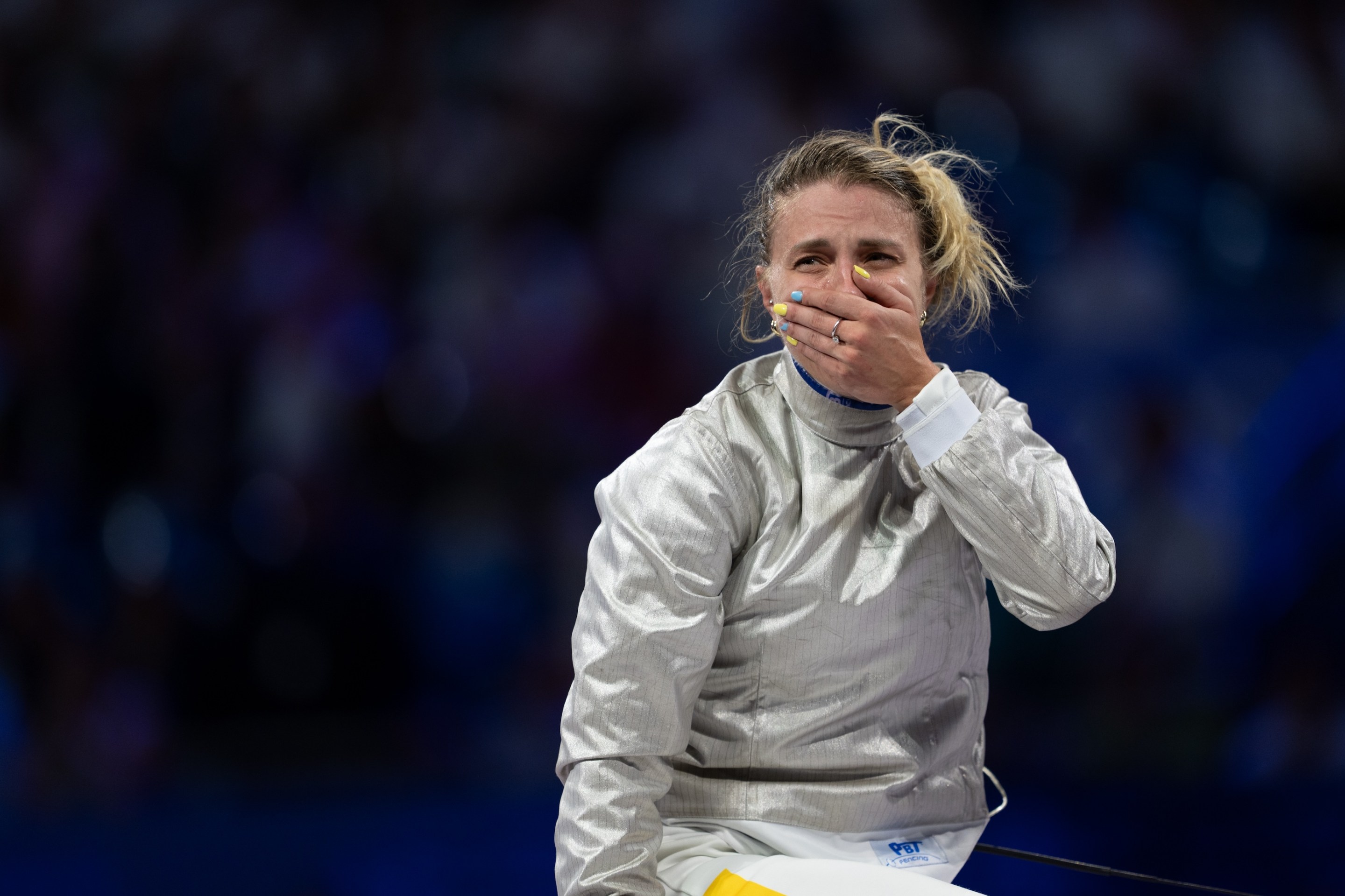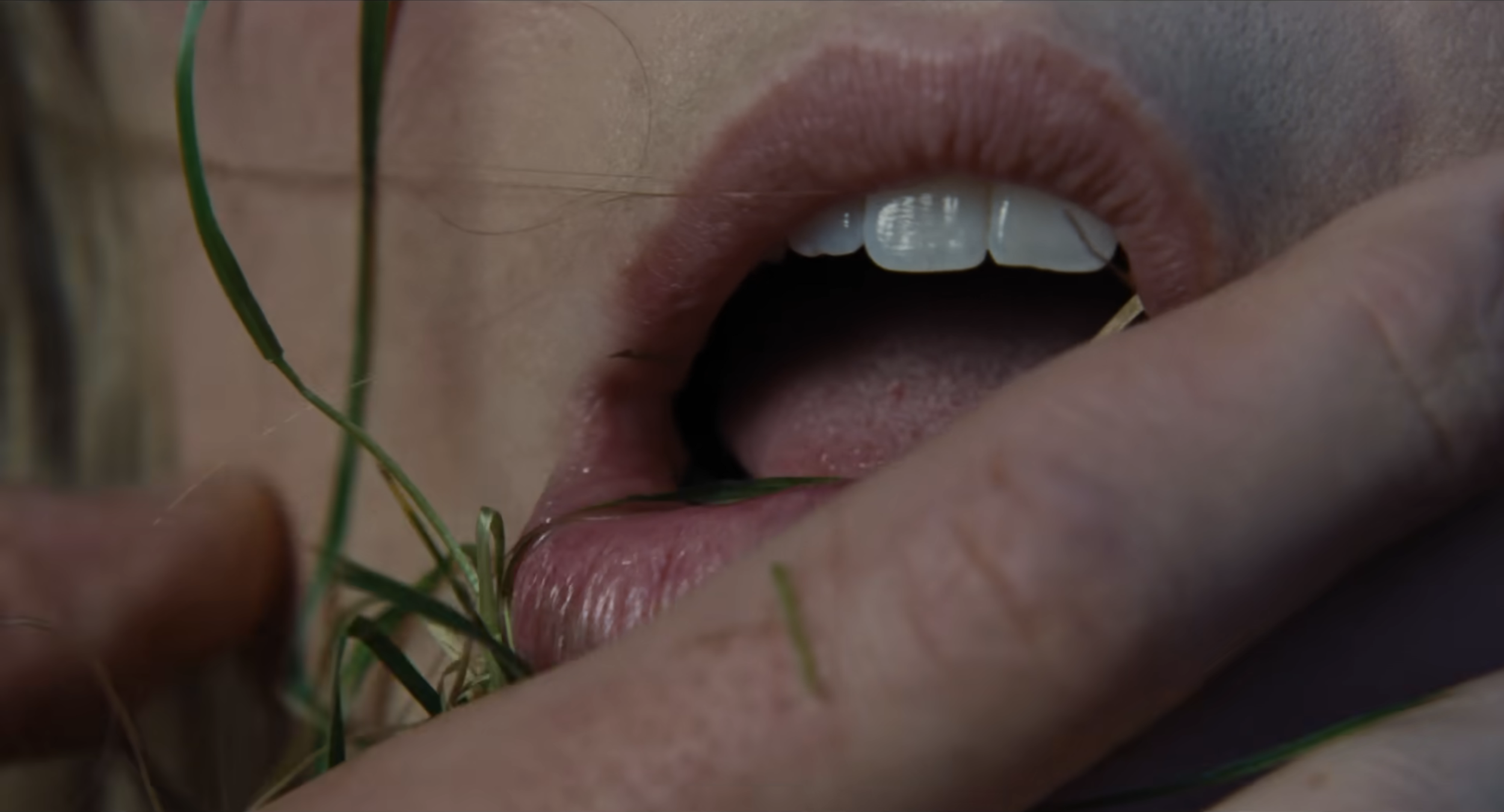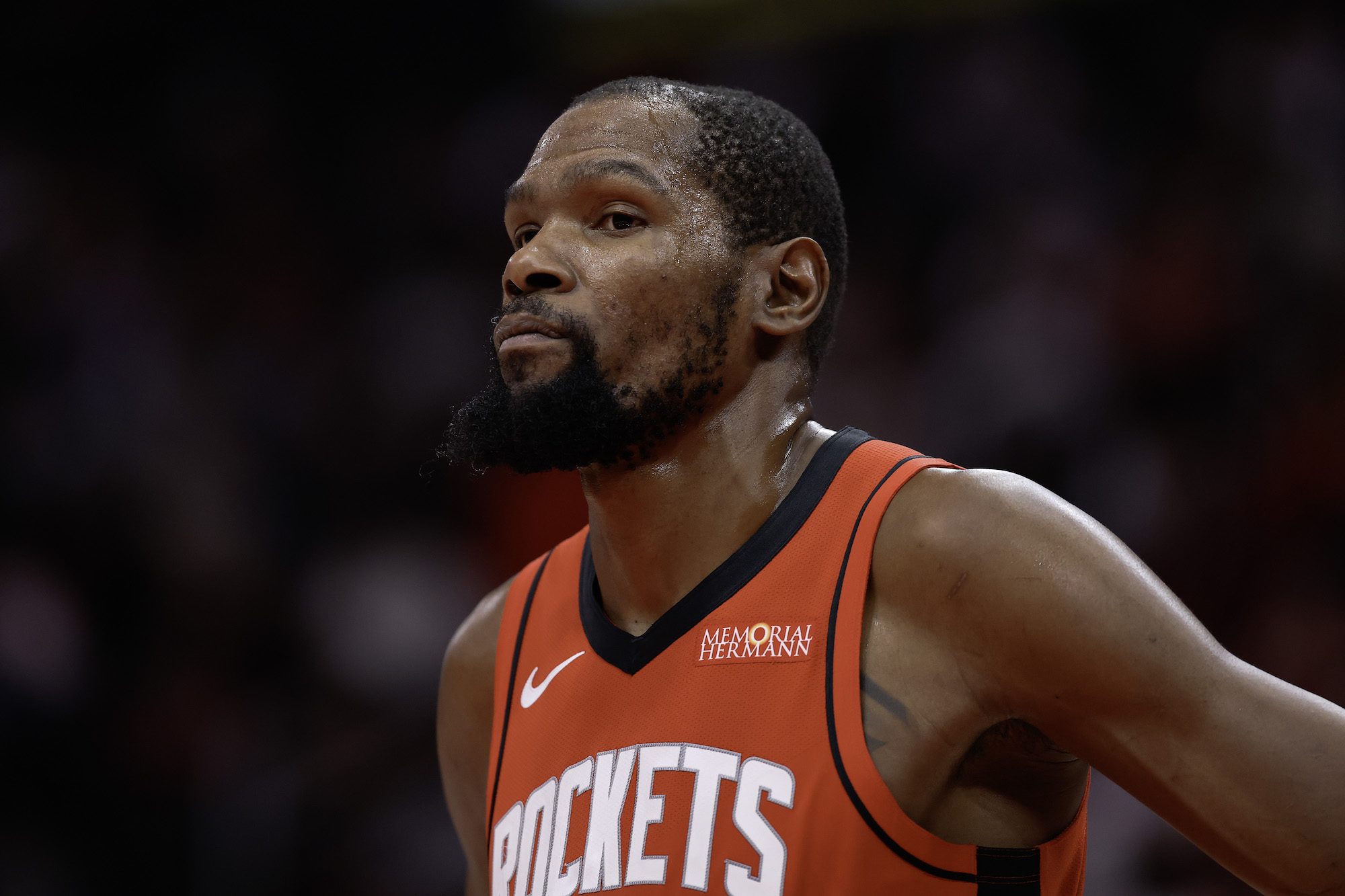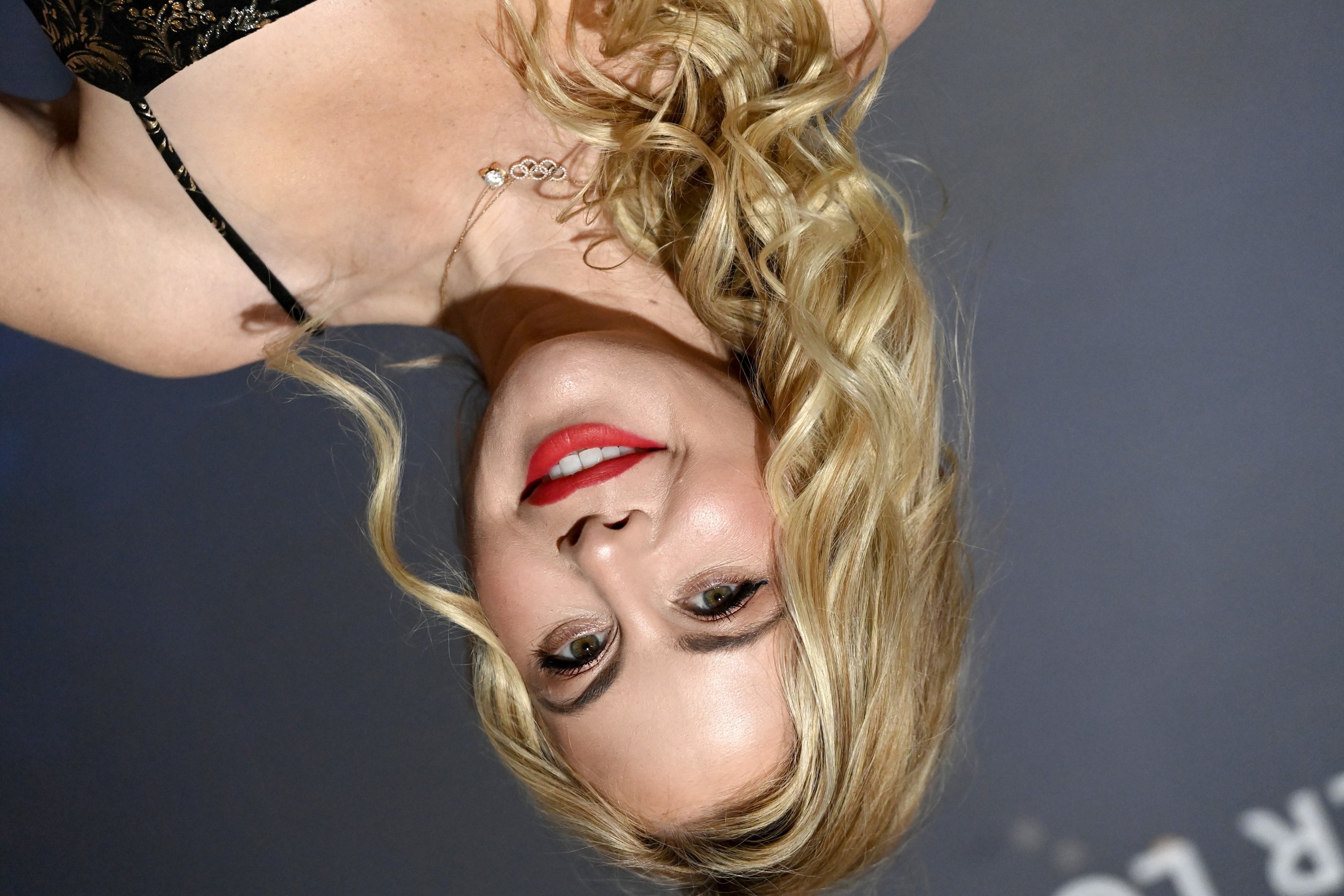OK, it kills me that I'd officially declared my own personal Olympic Hero hours before Stephen Nedoroscik did his thing at the gymnastics venue. That's us Worcester folks for you. We'll fall asleep until you need us. Then we'll wake up, lose the specs, and pommel-horse your ass halfway to Antwerp. He’s a hero, all right, although I’d already chosen mine, and had all the feels drained out of me, during the bronze-medal bout in women's sabre. It was all because of Olga Kharlan of Ukraine.
I have not cheered harder for a third-place finisher since the 1989 Belmont Stakes, when Le Voyageur bailed me out on a show bet that paid $4.60. Because Olga Kharlan was playing for stakes that were nothing less than mortal. She was fencing for her country, which is trying to stay a country, and she'd already paid a fearsome price for standing by it. All great stories from that part of the world are complicated; all great stories from that part of the world have many characters, and there are always many stories within the stories. This is one of those great stories.
Kharlan's competition CV is loaded with Olympic and World Championship hardware all the way back to her days as a junior fencer. "Olga," the fencing coach in my family texted me before the bronze-medal bout, "low-key GOAT." More than that, though, it's unlikely that any competitor at these games has had the year Kharlan has had.
Her strange year began two years ago, when, on Feb. 22, 2022, Russian premier Vladimir Putin launched his "special military operations" against independent Ukraine, accompanied by his usual thuggish-cynical horseshit about "self-determination" and "de-Nazification." By June of 2023, its military bristling with weapons from a coalition of Western nations, Ukraine had launched a serious counteroffensive aimed at recapturing territory from the Russian invaders. A month later, Kharlan was in Milan, at the World Fencing Championships, getting ready to face Anna Smirnova, a Russian competing as an "individual neutral athlete," Russian athletes being banned from such international competition.
Kharlan had made her mark early. At 14, she already had made the Ukrainian national team; at 17, she had helped Ukraine win a team sabre gold medal at the Beijing Olympics in 2008. She also became only the second fencer to win the World Junior Championship four years running. She won her first senior World Championship in 2013.
Politics entered the story a year later, when a Ukrainian sailor was killed by Russian paramilitary forces in Crimea. The Ukrainian team boycotted a World Cup event in response, but they came to Kazan for that year's World Championships. Kharlan won her second world title in a row. When she hooked up against Smirnova last year, of course, the geopolitical gravitational forces pulling at the match were considerably stronger.
After Kharlan defeated Smirnova, she refused to shake the Russian's hand, offering instead to tap blades. Smirnova opted instead to launch into a Chekhov one-act, sitting down on the strip and refusing to leave for 45 minutes. It was a pure performance piece, and aimed at getting tournament officials to give Kharlan a black card, which would disqualify her from the championships and severely damage her chances to compete in Paris. And it worked. Fencing's governing body, the usual passel of clueless dorks in fancy blazers that presides over international sporting endeavors, suspended Kharlan.
Enter Thomas Bach, a fencing gold medalist himself in 1976 and, more important, the current head of the International Olympic Committee. Bach granted Kharlan a "unique exemption" that would enable her to compete in these Olympics. “It is admirable," Bach wrote to Kharlan, "how you are managing this incredibly difficult situation." It’s very nearly an anodyne statement on its own, but the fencing grandees would have recognized it as athletic-poobah-speak for, "I am now going to kick your balls through the roof of your mouth, you buffet-grazing layabouts." The fencing bosses folded like cheap suits almost immediately.
(Bach, it should be noted, has had a long career as a mensch. He came from the same hometown as his 1976 teammate, Matthias Behr, who accidentally killed a Russian fencer named Vladimir Smirnov, and who came apart emotionally to the point that he nearly jumped off a bridge. Bach helped Behr back to emotional balance, and they shared the team foil gold medal in Montreal. For his part, Behr opened his home to the wife and family of the man he'd killed when the war came in Ukraine.)
On Monday, it seemed for a while that the weight of all the craziness had settled on Kharlan's shoulders. In her semifinal against Sara Balzer of France, Kharlan insisted on low-line attacks that were mostly not landing; when they did, the referee declined to give her the touch. Instead of changing her strategy, she grew frustrated, arguing for calls she clearly wasn't going to get. After losing to Balzer, Kharlan seemed still to be stuck in the mud in the bronze-medal bout against Choi Sebin of South Korea. She fell behind 8-3 at the break, and then 11-5 with three minutes left. At which point, Kharlan's mental radio, which had been stuck on Scan, finally found a signal. She ran six straight against Choi, including at least three of the attacks into preparation that had failed so badly against Balzer, and throughout the first half of the bout against Choi. She went up by 14-13, only to slip going backwards, which allowed Choi to tie it at 14-all. By now, the crowd, which had buoyed Kharlan all day, or at least when she wasn't fencing une paysanne, was in a whistling, cheering, foot-stomping frenzy. (The Grand Palais looks like it will go down as one of the great venues in Olympic history.) The two fencers came together for the final touch, and the tableau that followed told the story. Choi despondently walking away to the end of the strip while Kharlan fell to all-fours and began to weep.
Kharlan had a rough year. Hell, sabre fencing had a rough year, what with charges of match-fixing and ref-jobbing and all manner of other shenanigans. The administrative cloud engulfing Kharlan, who had been living in exile in Italy for two years so she wouldn't get killed back home, made everybody in the sport look stupid and clueless. This was all washed away by the sight of Kharlan with her face buried in her hands, kneeling on the strip, and by her prayerful explanation of why a bronze medal had brought her to her knees: "I dedicate this medal to Ukraine, to the Ukrainian armed forces, to Ukrainian athletes who couldn't compete at the Olympics because they were killed by Russia."
Attaque, touche, point.






